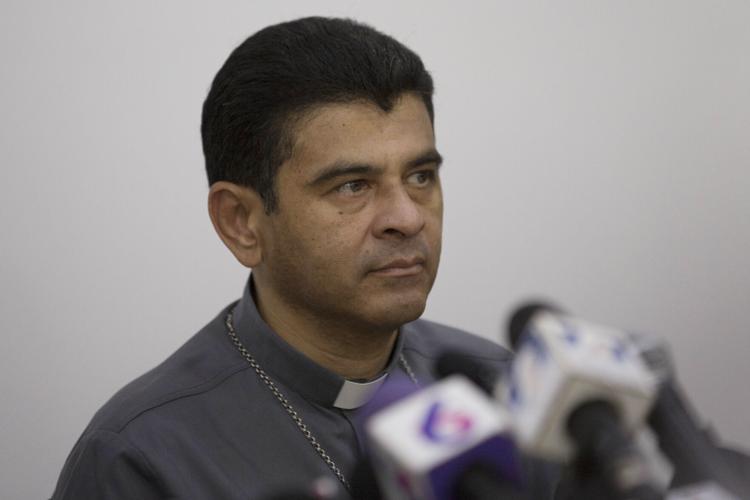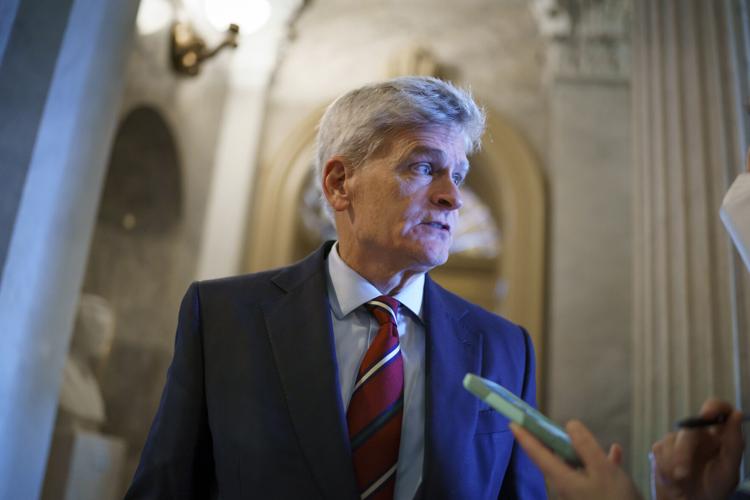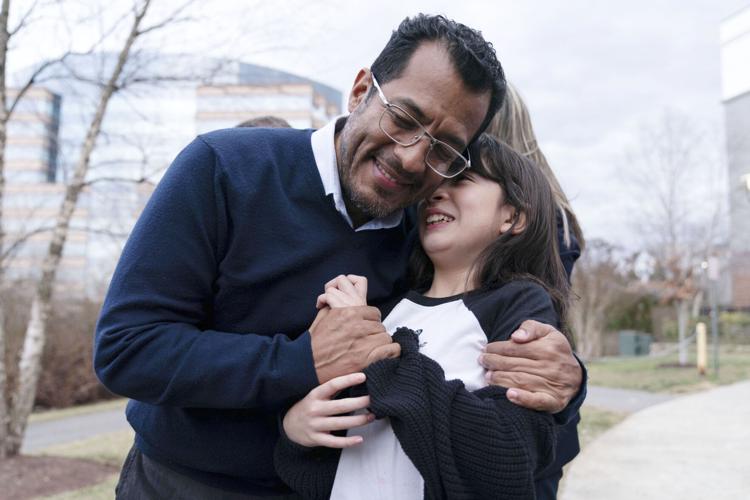WASHINGTON – U.S. Sen. Bill Cassidy on Thursday nominated two Nicaraguan opposition leaders for the Nobel Peace Prize in recognition of their defense of religious freedom.
Cassidy, R-Baton Rouge, cited Roman Catholic Bishop Rolando Álvarez and former presidential candidate Félix Maradiaga for “their defense of religious freedom in Nicaragua.”
The nominations are in response to Nicaraguan President Daniel Ortega’s mounting crackdown on religious liberty, including the arrests and expulsion of dozens of Catholic priests, the banning of religious orders, and the seizure of private property, Cassidy said.
“I am honored to stand in support of them as they sacrifice their own freedoms to help preserve the rights of others,” Cassidy said in a prepared statement.
Álvarez has been held in custody by Nicaraguan law enforcement for more than 500 days. He was placed under house arrest in 2022 and then sentenced last February to 26 years in prison on charges of treason. The U.S. has demanded his release.
Maradiaga ran for president against Ortega in 2021. During the campaign, he was arrested and imprisoned for more than 600 days. Ortega won the election with 75% of the vote.
Maradiaga was stripped of his Nicaraguan citizenship and deported to the U.S. in February, along with 221 other political prisoners, in a deal brokered by President Joe Biden's administration.
Since then, Maradiaga has been lobbying for investigations into the Ortega regime, stopping by Cassidy’s office during a visit to the U.S. Capitol as well as addressing lawmakers in the United Kingdom and Argentina.
The political situation in Nicaragua has been tumultuous for generations.
The latest imbroglio came in December, when Sheynnis Palacios won the Miss Universe contest. The head of the country’s beauty pageants, Karen Celebertti, was refused entry into the country upon her return from Miami, where the contest was held.
The government accused Celebertti of promoting contestants who opposed the Ortega regime; Palacios had participated in a protest march several years earlier.
Celebertti was put on a plane to Mexico City. Her husband and son were arrested on charges of terrorism.
Ortega, 78, assumed the leadership of the Sandinista National Liberation Front after the overthrow of the Somoza family, which effectively ruled Nicaragua for most years between 1936 and 1979. Several members of the family attended LSU.
He was elected president in 1985 but was defeated for reelection and stepped down in 1990. Ortega made a couple of unsuccessful presidential bids before winning and assuming leadership again in January 2007.
In 2014, with his supporters holding a majority in the republic’s National Assembly, Ortega removed presidential term limits from the constitution. His majority named supporters to government agencies and the courts.
Ortega’s wife of 44 years, Rosario María Murillo, 72, has been vice president since January 2017 and has been the government’s main spokesperson.
She was sanctioned by the European Union for alleged human rights violations over the government’s violent reaction to a series of marches going back to 2016 that caused the deaths of hundreds of protesters.
The Nobel Peace Prize for 2023 was awarded in December to human rights activist Narges Mohammadi, who was imprisoned for fighting against the oppression of women in her home country of Iran.
The Norwegian Nobel Prize committee received 351 nominations for the award. Neither the names of nominators nor other nominees have been publicly identified for 50 years.
The Nobel Foundation only recently released the identity of the nominators of the Rev. Martin Luther King Jr., who won the Nobel Peace Prize in December 1964 for his civil rights efforts in the U.S. He had been nominated in January and February of that year by the American Friends Service Committee, a Quaker organization based in Philadelphia, and eight members of the Swedish Parliament, according to the Nobel committee.
King was among 43 candidates the committee considered in 1964.



